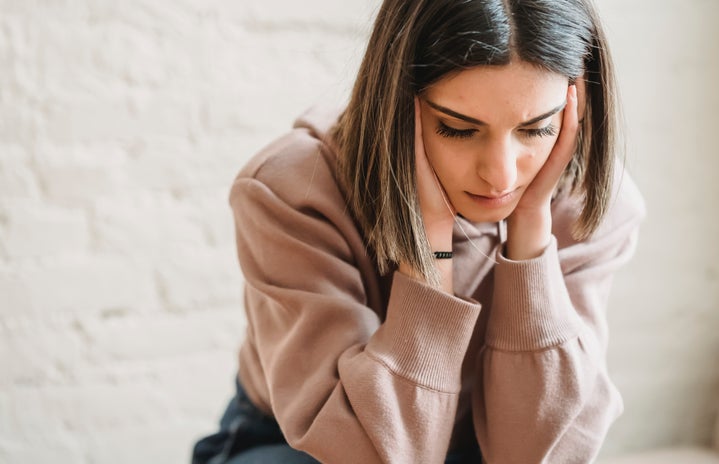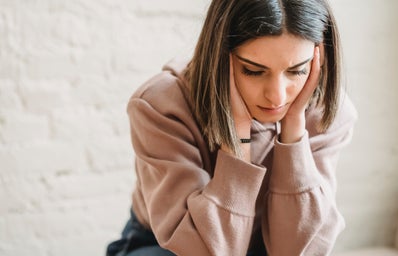The pandemic has impacted all of us in one way or another. Whether it’s losing your job, staying home for months, getting ill or seeing a loved one pass away, the pandemic has left a strong mark on our lives. According to the Center for Disease Control and Prevention, the negative effects of COVID-19 on mental health are evident. As a third-year college student, I’m no stranger to feelings of loneliness, doubt, depression and stress. Overcoming mental health issues is one of the many hurdles that students have to deal with during their time at college. Yet, since my return to in-person classes at the University of Florida, I’ve felt an unfamiliar and overwhelming sense of anxiety looming over me.
I haven’t dealt with anxiety in the past, so it was hard to understand where the feeling was coming from. I would find myself having issues remaining calm while completing assignments or having difficulty breathing when thinking about all the things I had to complete in a week. I would dread having to wake up and feel the weight of the day ahead of me. I kept wondering if I simply wasn’t strong enough to handle my final year in college and internalized my feelings as a personal problem. In my mind, I started to feel that it was my own fault for having these emotions. My perspective changed once I stumbled on a PBS news report highlighting an increase of mental health issues among college students during the pandemic. I came to realize that my feelings weren’t a result of my own inability to handle transitioning to in-person classes but the fact that there was no real transition to begin with.
In an effort to instill a sense of pre-pandemic normalcy, the University of Florida has operated as if we weren’t still in a pandemic. There are few accommodations tailored to students’ mental health, such as increased access to resources or additional days off. As a full-time student involved with multiple publications, student organizations and research, these accommodations would go a long way at providing some form of relief. Coupled with pre-pandemic amounts of coursework and a lack of mask mandates, being back on campus feels like a constant uphill battle. As we approach midterm season, it’s evident that I am not alone with my feelings of anxiety and exhaustion. Talking to other students and professors has shown me that most people feel extremely burnt out and overwhelmed. While it’s clear that many of us want our old lives back, it’s unrealistic to pretend like we can just hop right back into it.
The caliber at which students are expected to perform during the pandemic is unrealistic, unhealthy and inconsiderate. The university shouldn’t see students as robots able to discard the negative consequences of the pandemic for schoolwork. The pandemic is not something easy to get over when people have been affected on a very personal level. It is normal to not be able to work in the same way that you did before the pandemic. It is my hope that the university can work on ways to better support students during this period and provide an increase in mental health resources. The main priority should always be to preserve your own well-being, whether that be physically or mentally. Whether you take time to unwind or connect with other people, it’s important to do activities to cope with stress in a healthy way. While I’ve felt that these feelings would never go away, self-care and being gentle with yourself go a long way. Once you recognize that you’re allowed to feel anxiety and stress, you can work toward treating these issues. It’s important to remember that we will eventually be able to live in a post-pandemic world, but we need to take care of ourselves in order to get there.


